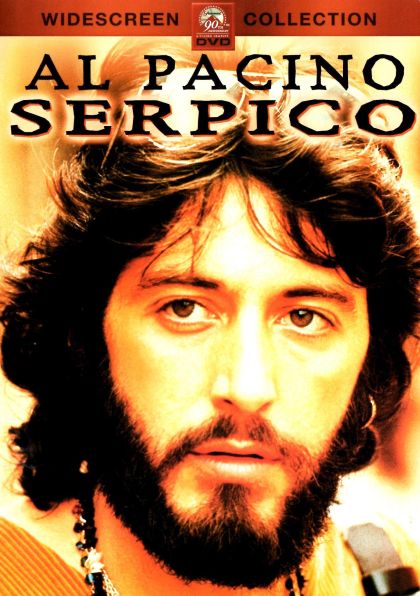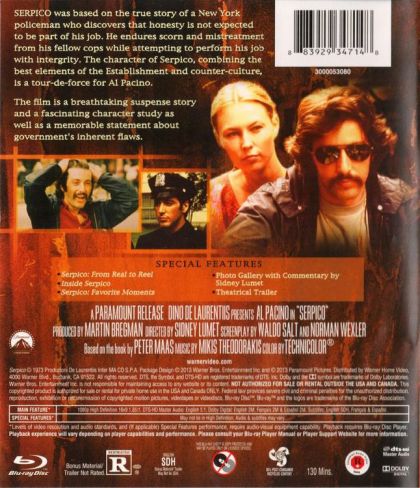Serpico

Frank Serpico (Al Pacino) knew from a young age that he wanted to be a police officer. Now, fresh from the New York police academy he joins what he perceives to be a righteous fight against crime. It quickly becomes apparent however that the veterans of the force are making a little extra cash on the side while they fallaciously "protect and serve." Serpico refuses to become a cop on-the-take and sets in motion the necessary steps to put an end to the transgression. However, the level of corruption reaches higher than he ever suspected and he finds himself alone; surrounded by enemies that would do anything to keep a whistle-blowing traitor from exposing their profitable charade.
Serpico is a cop in the 1960s-early 1970s. Unlike all his colleagues, he refuses a share of the money that the cops routinely extort from local criminals. Nobody wants to work with Serpico, and he's in constant danger of being placed in life threatening positions by his "partners". Nothing seems to get done even when he goes to the highest of authorities. Despite the dangers he finds himself in, he still refuses to 'go with the flow', in the hope that one day, the truth will be known.
- Written by Rob Hartill
In the 1960s In New York City, the idealistic Italian descendant Frank Serpico joins the New York Police Department and on his first day, he learns that his colleagues are dirty, sharing money received from the extortion of criminals. Serpico refuses to receive the money and reports to a superior. Along the years, his superior does not take any attitude against the corruption and Serpico is an outcast police officer, rejected by his fellows. Further, his personal life is affected and he is harassed and threatened by his colleagues. In 1971, in a drug bust, Serpico is betrayed and shot in the face. He recovers with minor sequels and testifies to the Knapp Commission about the police corruption. Finally, Switzerland gives political to him and he moves to that country.
- Written by Claudio Carvalho, Rio de Janeiro, Brazil
Frank Serpico is a young, inexperienced cop who starts out on patrol. Later, he starts to work as an undercover cop who busts all sorts of criminals, but mostly drug dealers and pushers. Since Serpico is a young man living in the 1960s and early 1970s, he lives as one. His image, based on how others look on him, shows him as just a 'hippie' and the criminals he busts have no idea he is really an undercover officer. Everything is working out well, except the money situation. Serpico refuses to accept money, as the other officers do. He feels this isn't right, and wants to expose the situation. Who he thought were his friends now turn into his enemies when Serpico takes the stand on a grand jury investigation. He continues to work undercover, and his life is placed into jeopardy at the hands of his colleagues.
- Written by David Landers
Biopic of the New York City detective whose anti-corruption efforts in the 1960s and early 1970s led to the creation of the Knapp Commission and the uncovering of widespread corruption of police officials at all levels. All of his life, Frank Serpico had wanted to be a policeman. He learns at an early stage in his career however that even the cop on the beat is somewhat corrupt accepting free meals and the like. As he advances in his career he finds that corruption is rampant, particularly in the Plainclothes Division, where they collect more in graft that they do in salary. His refusal to take any money puts him in bad stead with his colleagues to the point that his life may be in danger. Transferred to the Narcotics Squad, he is shot by a drug dealer when his partners fail to support him. Serpico resigned from the NYPD in 1972.
- Written by garykmcd
SYNOPSIS
Frank Serpico (Al Pacino) covered in blood and slumped in the backseat of a police car as it races to a hospital with lights and sirens blaring. He has just been shot in the face. The rest of the movie tells the story of Serpico's career up to this moment, starting with him becoming a police officer in 1960. He is very idealistic and believes in non-brutal methods to catch criminals. Serpico also refuses to join in on police corruption, specifically that which involves shaking down and taking payoffs from gambling and drug dealing organizations. His refusal to take bribes earns him the suspicion of his fellow officers throughout the majority of the precincts to which he is assigned. Additionally, Serpico finds trouble fitting in due to his embrace of the counterculture of the 1960s: He moves to Greenwich Village, grows his hair and beard long to the point where he must maintain a plainclothes appearance, and associates with a more left-wing crowd that is distrusting of the NYPD.
At first Serpico tries appealing to his bosses about the corruption, but gets nowhere. He enlists a highly-connected fellow officer, Bob Blair (Tony Roberts) in his fight against corruption, but not even he can crack the city administration's general indifference. His campaign and the resulting complications and harassment within the department take a toll on his mental health and his relationship with fiancee Laurie (Barbara Eda-Young), who ultimately leaves him. After meeting a sympathetic police inspector who agrees to assist him with both disrupting the gambling rackets and later calling attention to the problem by going to the New York Times, he is transferred to narcotics, as he has always wanted. However, he finds himself in an even more corrupt and hostile atmosphere than before, where he has mostly enemies and almost no allies due to the reputation he has garnered. As a result, he is shot in the face during a raid on a heroin lab due to his fellow officers' reluctance to come to his aid. After being left for dead and eventually discovered by two uniformed officers, the story takes over from the beginning and shows a recuperating Serpico being tended to by his family and few remaining friends as well as being anonymously harassed with hate mail.
At the end of the film, Serpico testifies to the Knapp Commission on police corruption. The film ends with him waiting to board a ship; despite being promoted to detective (a lifelong ambition of his) and being decorated by the department for "conspicuous bravery in action" (along with the two officers who abandoned him during the drug raid) he resigns from the NYPD and emigrates to Switzerland.
Cast View all

|
Al Pacino | Serpico |
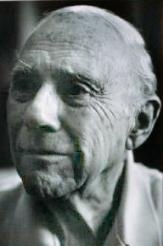
|
John Randolph | Sidney Green |

|
Jack Kehoe | Tom Keough |

|
Biff McGuire | Captain McClain |
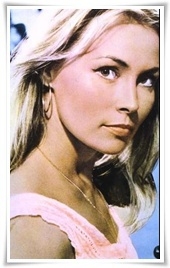
|
Barbara Eda-Young | Laurie |

|
Cornelia Sharpe | Leslie |

|
Tony Roberts | Bob Blair |

|
John Medici | Pasquale |
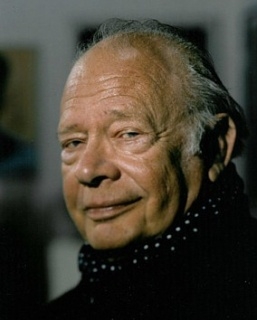
|
Allan Rich | D.A. Tauber |

|
Norman Ornellas | Rubello |
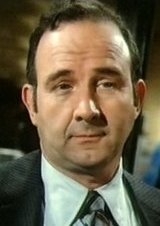
|
Edward Grover | Lombardo |
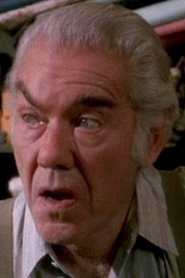
|
Albert Henderson | Peluce |
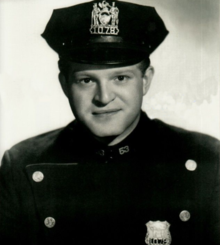
|
Hank Garrett | Malone |
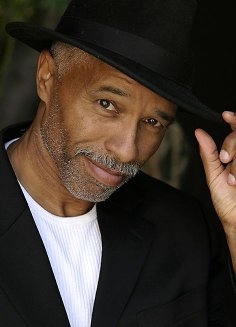
|
Damien Leake | Joey |

|
Joseph Bova | Potts |

|
Gene Gross | Captain Tolkin |

|
John Stewart | Waterman |
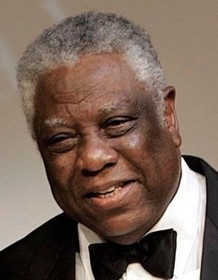
|
Woodie King Jr. | Larry |
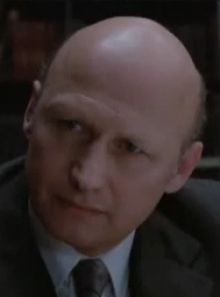
|
James Tolkan | Steiger |
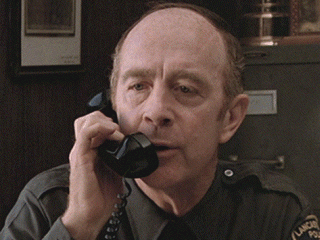
|
Ed Crowley | Barto |
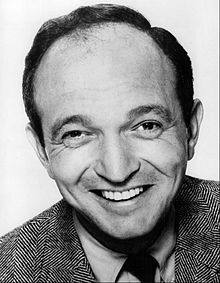
|
Bernard Barrow | Palmer |

|
Sal Carollo | Mr. Serpico |

|
Mildred Clinton | Mrs. Serpico |

|
Nathan George | Smith |

|
Gus Fleming | Dr. Metz |
Crew
| Director | Sidney Lumet |

|
| Writer | Peter Maas, Waldo Salt, Norman Wexler | |
| Producer | Martin Bregman, Dino De Laurentiis, Roger M. Rothstein | |
| Musician | Mikis Theodorakis | |
| Photography | Arthur J. Ornitz | |
Edition details
| Edition | Ws Sub |
|---|---|
| Packaging | Keep Case |
| Nr Discs | 1 |
| Screen Ratios | Anamorphic Widescreen (1.85:1) Fullscreen (4:3, Letterboxed) |
| Audio Tracks | Dolby Digital 5.1 [English] Dolby Digital Mono [English] Dolby Digital Mono [French] Dolby Digital Stereo [English] Dolby Digital Stereo [French] |
| Subtitles | English | English (Closed Captioned) |
| Distributor | Paramount |
| Layers | Single side, Dual layer |
| Edition Release Date | Dec 03, 2002 |
| Regions | Region A |
Personal
| Owner | Kerry & Dawn |
|---|---|
| Location | Movies-02 |
| Storage Device | TD 07 |
| Purchased | On Oct 12, 2017 |
| Watched | Mar 02, 2018 |
| Index | 432 |
| Added Date | May 17, 2015 05:42:16 |
| Modified Date | Apr 17, 2024 00:46:56 |


 English
English  Nederlands
Nederlands  Deutsch
Deutsch  Français
Français  Español
Español  Magyar
Magyar  српски
српски  Dansk
Dansk  Italiano
Italiano  Svenska
Svenska  Slovenčina
Slovenčina  Português
Português 
